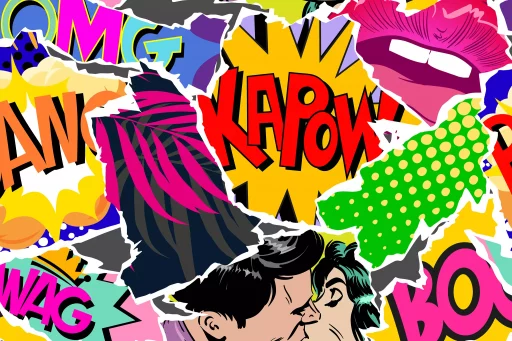Introduction to the Term ‘Dope’
The term ‘dope’ is multifaceted, serving as a colloquial expression in various contexts. Initially used to refer to drugs, particularly marijuana, it has evolved into a term embodying positive connotations, often used to describe something as cool or impressive. In this article, we’ll unravel its meanings, explore case studies, and discuss its significance in popular culture.
Historical Context of ‘Dope’
‘Dope’ has a rich historical backdrop. Originating in the early 20th century, it was primarily associated with narcotics. However, as language evolved, so did its implications. Today, this term resonates with youth culture and is frequently used in music, fashion, and social media.
Modern Definitions of ‘Dope’
According to Urban Dictionary, the word ‘dope’ can convey a variety of meanings:
- Cool or Impressive: “That performance was dope!” – implies that something was remarkable.
- Drug-related: Refers to drugs, especially marijuana.
- Foolish or Stupid: “Don’t be a dope; think before you act.” – can imply that someone is acting foolishly.
Case Studies: ‘Dope’ in Popular Culture
The usage of ‘dope’ has permeated various aspects of culture, especially in the music industry:
- Hip-Hop Culture: Artists like Snoop Dogg and Kendrick Lamar frequently use the term in their lyrics, further popularizing its cool connotation.
- Fashion Trends: ‘Dope’ fashion brands have emerged, showcasing streetwear that combines urban style with the positive essence of the term.
A tangible example can be found in the song “Dope” by Tyga featuring Rick Ross, released in 2012. The artists utilized the term to describe their affluent lifestyle, signifying its evolution from a drug-related term to a representation of success and prestige.
Statistics on Usage
The popularity of ‘dope’ can be quantified through social media usage:
- Twitter: Tweets containing the word ‘dope’ have increased by over 300% since 2010.
- Instagram: Posts using hashtags like #dope reached over 40 million in 2023 alone.
These statistics illustrate its entrenchment in social language and its role in shaping modern vernacular.
The Evolution of Language and ‘Dope’
The term ‘dope’ is a clear case study in the evolution of language. Its transition from a negative to a positive description reflects broader societal changes:
- Generational Shifts: Younger generations are increasingly redefining language, reflecting trends in music, art, and social movements.
- Media Influence: Popular music and online influencers play integral roles in shaping language, facilitating the swift transformation of terms like ‘dope.’
This evolution supports the idea that language is living; it thrives and adapts to societal dynamics, perceptions, and influences.
Conclusion: The Significance of ‘Dope’
As we dissect the term ‘dope,’ it becomes clear that its implications extend far beyond its origins. The cultural weight it carries speaks to the values, attitudes, and expressions of contemporary society. Whether used in music, casual conversations, or social media, ‘dope’ encapsulates a dynamic relationship between language and culture.
Understanding such terms provides invaluable insights into not only the changes in vernacular but also the societal shifts that accompany them. As language continues to evolve, the importance of context, acceptance, and usage will undoubtedly shape new meanings and redefine existing ones.






